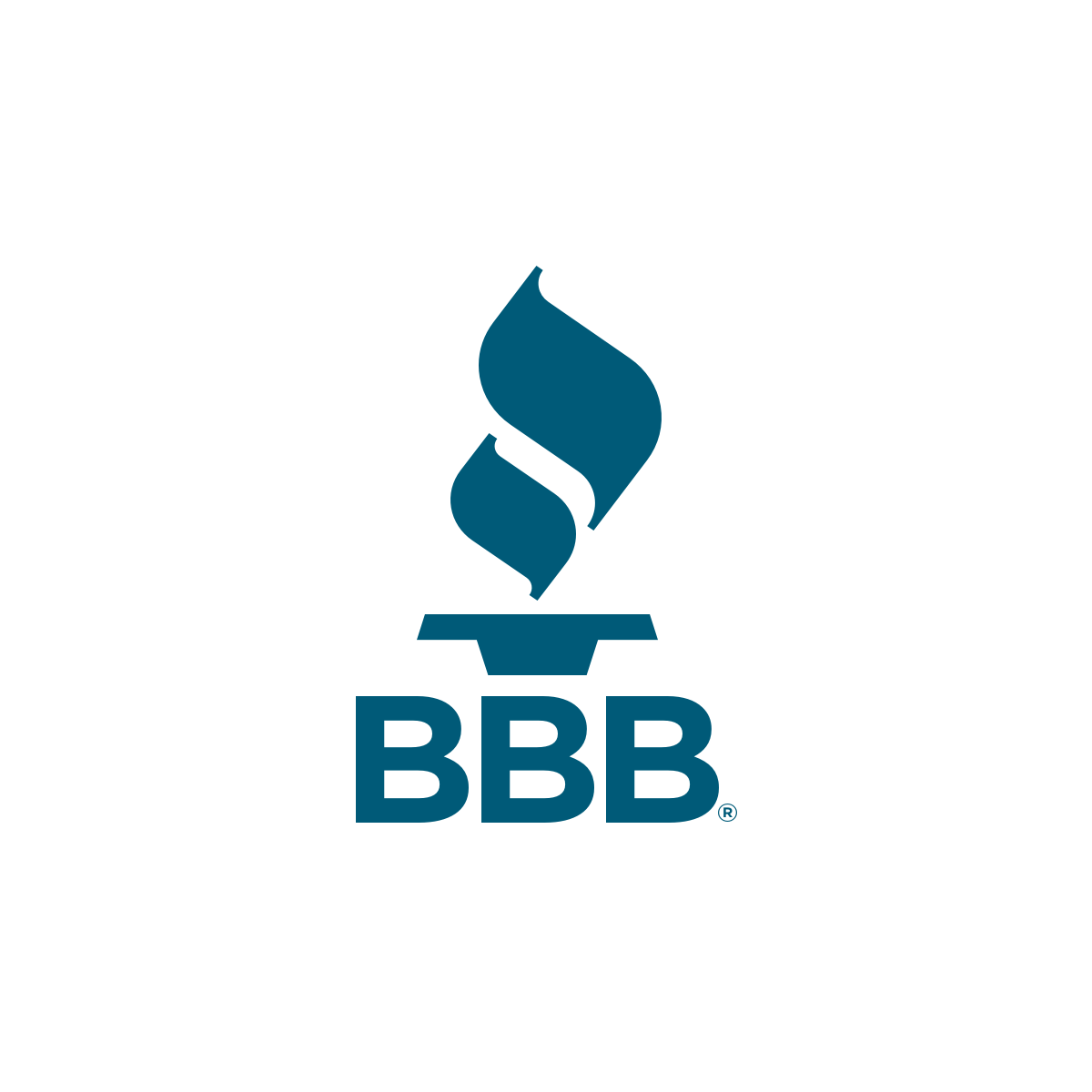In Islamic finance, risk and profit are shared between lenders and borrowers thereby tying the success of lenders to borrowers. In theory, Islamic financing aims to avoid situations like the Lehman’s Brothers collapse in 2008 by forbidding risky, unjust and unfair financial practices.
Investors are allowed to earn a return even though the charging of interest is prohibited in several verses in the Quran including 2:275 (al-Baqarah), 2:278 (al-Baqarah), and 4:161 (an-Nisa). Investors cannot, however, guarantee a return on their capital or even principal repayment due to risk sharing between borrowers and investors.
Three common methods of Islamic financing include mudarabah, musharaka and murahabah. In mudarabah an investor funds a borrower’s venture. Profits are shared based on a previously agreed on finance agreement while loss is born by the investor (Mudarabah). Musharakah refers to jointly funded ventures by the borrower and lender. Musharaka tends to take the form of a partnership and the lender has the right to play a role in decision making (Musharaka). In Murabaha, purchases are made by the financial institution and then resold at a higher price to clients. Instead of a student receiving a $500 loan to buy a laptop, for example, the financial institution purchases the laptop at $500 and then resells the laptop to the student for $600 which the student repays in installments (Mahariq 2014).
In practice, Islamic financing produces the same burden on the borrower as charging interest but it reduces risk to borrowers and lenders. Murabaha reduces risk to financial institutions by giving them more power over how financing is utilized because the bank purchases items directly. Murabaha also helps protect financially illiterate borrowers because the bank takes the guess work out of budgeting by purchasing the items for them. Musharaka and Mudarabah similarly empower both borrowers and lenders; while borrowers benefit from the advice and guidance of lenders, lenders get to play an active role in decision making.
Regardless of the method, finance and investments cannot be considered Halal unless the money is earned by Halal means; one of the “elements of success of a Halal business” mentioned by Dr. Alabsy in his article published by the Halal Journal in 2008. Money earned should come from Halal sources and should be spent in legal and Halal paths in order to be considered “spiritually clean”.
While many factors from method to means affect the “halalness” of finance, ultimately, Islamic financial institutions are obligated to focus on the well-being of their client, not just profits.
Mahariq, Sameh. “Islamic Finance.” National Microfinance Bank. Personal interview. 30 Sept. 2014.
“Mudarabah on Shari’ah Ruling.”Institute of Islamic Banking and Insurance – Mudarabah on Shari’ah Ruling. N.p., n.d. Web. 30 Sept. 2014. <http://www.islamic-banking.com/mudarabah_sh_ruling.aspx>.
“Musharakah on Shari’ah Ruling.” Institute of Islamic Banking and Insurance. N.p., n.d. Web. 30 Sept. 2014. <http%3A%2F%2Fwww.islamic-banking.com%2FMusharakah_sruling.aspx>.




Comments are closed